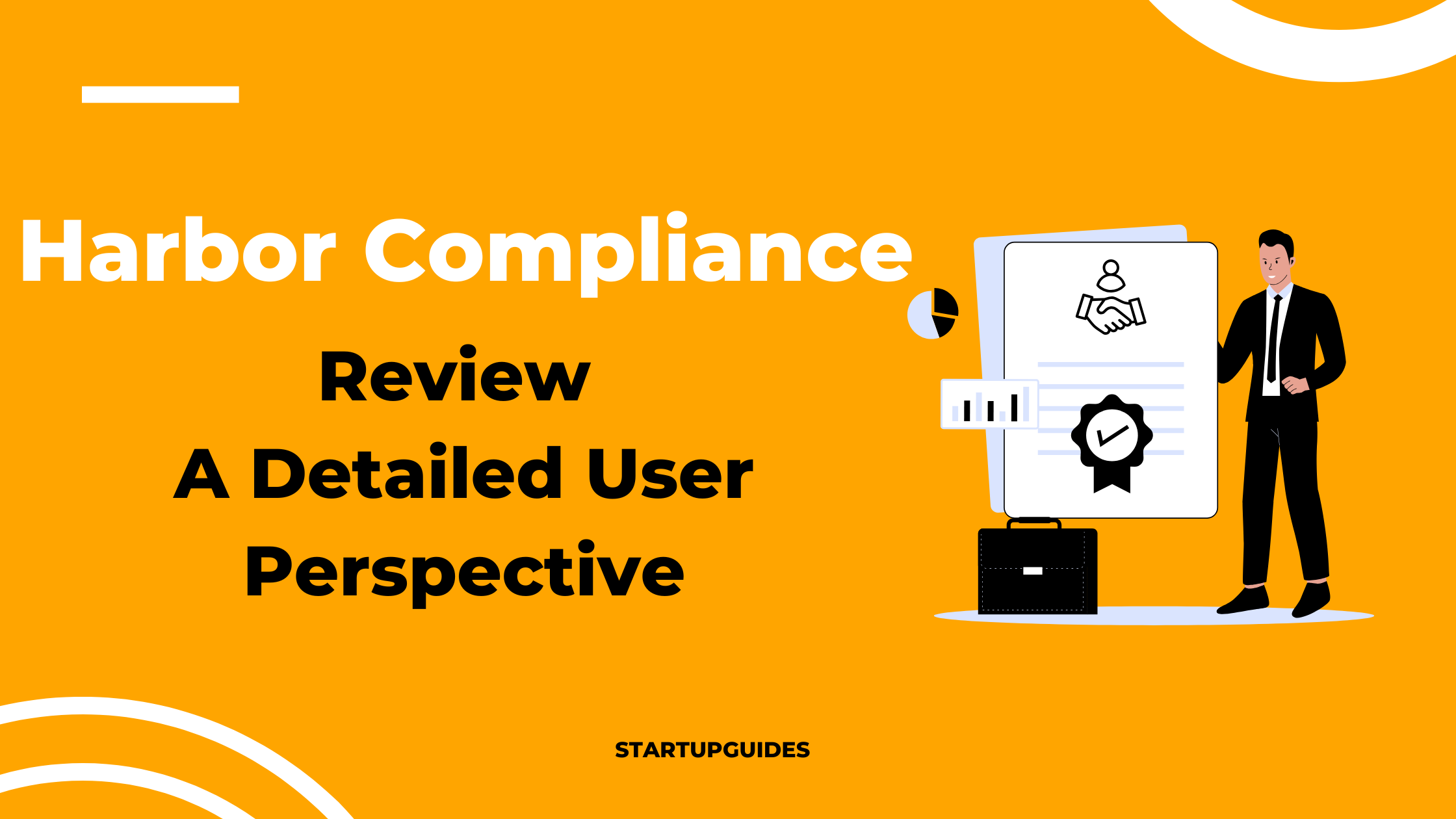Starting a business is an exciting venture, and forming a Limited Liability Company (LLC) in Colorado can be an excellent choice. An LLC provides personal liability protection, which means your personal assets are separate from your business liabilities. Whether you’re a solo entrepreneur or planning to start a business with partners, Colorado offers a simple and straightforward process for creating an LLC.
In this guide, we’ll walk you through every step to starting an LLC in Colorado in 2025, from choosing a name to filing the necessary paperwork. We’ll also answer common questions and provide helpful tips for entrepreneurs looking to start a business in the Centennial State.
Steps to Start an LLC in Colorado
Starting an LLC in Colorado is a great way to protect your personal assets while running a business. The process is simple, but there are key steps you’ll need to follow. In this section, we will walk you through the essential steps to start your LLC in Colorado effectively.
1. Search Your LLC Name
The first step in forming your LLC in Colorado is choosing a name for your business. The name you choose must meet the following requirements:
- Uniqueness: Your LLC name must be distinguishable from other businesses that are already registered in Colorado.
- Required words: The name must contain the words “Limited Liability Company” or the abbreviation “LLC” or “L.L.C.”
- Prohibited words: Avoid using words that may confuse your LLC with a government agency, such as “FBI” or “Treasury.” Additionally, some terms like “bank” or “insurance” are restricted and may require additional documentation to use.
To make sure your name is available, you can check the Colorado Secretary of State’s online business database. This allows you to search for other businesses with the same or similar names. It’s a good idea to make sure the name you choose is not already in use to avoid legal and branding issues.
If you want to secure the name before you officially file your LLC, you can reserve it with the state for up to 120 days by filing a name reservation form for a small fee.
2. Choose a Colorado Registered Agent
In Colorado, every LLC must designate a Registered Agent. This is a person or a company that agrees to receive legal and tax documents on behalf of your LLC. The Registered Agent must have a physical address in Colorado and be available during business hours to accept any important correspondence.
Your options for a Registered Agent include:
- Yourself: If you live in Colorado, you can act as your own Registered Agent.
- A trusted friend or family member: A friend or relative who resides in Colorado can serve as your Registered Agent.
- A professional Registered Agent service: There are many professional services available that specialize in being Registered Agents. They typically charge an annual fee, but they offer several advantages, such as ensuring compliance, providing privacy by keeping your personal address off public records, and keeping track of important deadlines.
Many entrepreneurs choose to use a professional Registered Agent service to ensure their LLC stays compliant with Colorado laws and to avoid potential legal issues. One popular service is Northwest Registered Agent, which offers reliable service and affordable pricing.
3. File Articles of Organization
Once you’ve chosen a name and a Registered Agent, the next step is to officially create your LLC by filing Articles of Organization with the Colorado Secretary of State. This document formally establishes your LLC and provides key details about your business.
To file, you will need to submit the following information:
- LLC Name: Your chosen LLC name that meets the requirements.
- Registered Agent Information: The name and address of your Registered Agent.
- Business Address: The physical address where your LLC will conduct business.
- Management Structure: Indicate whether your LLC will be managed by its members (member-managed) or by appointed managers (manager-managed).
- Effective Date: The date your LLC will officially begin (it can be the filing date or a later date).
You can file the Articles of Organization online with the Colorado Secretary of State. The filing fee is $50, which is relatively affordable compared to other states. After submitting the form, your LLC is officially created. In most cases, you will receive confirmation right away.
4. Create an LLC Operating Agreement
Although Colorado doesn’t require an LLC Operating Agreement by law, it is highly recommended that you create one. An LLC Operating Agreement is a document that outlines the internal structure and operating procedures of your LLC. It serves as the “rulebook” for your LLC’s operations.
Here are some important elements that should be included in your LLC Operating Agreement:
- Ownership and Membership Structure: This section outlines who owns the LLC and what percentage of the business each member (if any) owns.
- Management Structure: Will your LLC be managed by its members (member-managed) or by appointed managers (manager-managed)?
- Voting Rights: Describe how decisions will be made in your LLC and how votes will be counted. This helps prevent disputes down the road.
- Profit and Loss Allocation: This section explains how profits and losses will be divided among members.
- Dissolution Procedures: If the LLC needs to be dissolved, the Operating Agreement will lay out the process to follow.
Even though the state of Colorado doesn’t mandate an Operating Agreement, having one in place ensures that everyone in your LLC is on the same page and helps avoid potential disagreements. It also protects your limited liability status, ensuring that your LLC remains compliant with state laws.
5. Obtain an EIN (Employer Identification Number)
After your LLC is formed, you’ll need to obtain an Employer Identification Number (EIN) from the Internal Revenue Service (IRS). An EIN is required if your LLC will have employees, and it’s also useful for opening a business bank account and filing taxes.
You can apply for an EIN online through the IRS website, and the process is quick and free. Most LLCs, even if they don’t plan on hiring employees, will need an EIN. It is used to identify your business for tax purposes and to keep your business and personal finances separate.
6. Comply With Other Local and State Requirements
After forming your LLC, there are a few additional steps you should take to ensure your business is fully compliant with Colorado law:
- Register for State Taxes: Depending on the nature of your business, you may need to register for state taxes with the Colorado Department of Revenue. This is especially important if your LLC will be selling goods, providing services that are taxable, or if you’ll be hiring employees.
- Obtain Necessary Licenses and Permits: Your LLC may need local, state, or federal permits and licenses to legally operate. These requirements vary depending on the type of business and the location where you operate. Contact your local city or county office to learn about any necessary permits.
- File Annual Periodic Report: Colorado requires LLCs to file an annual report with the Secretary of State. This is called the “Periodic Report” and is due every year on the anniversary of your LLC’s formation. The filing fee is $10, and the process is simple to complete online.
What Do I Do After My LLC Is Approved in Colorado?
Once your LLC is officially approved, there are a few essential steps you should take to ensure your business is operating smoothly:
- Open a Business Bank Account: Open a business bank account to keep your personal and business finances separate. Having a dedicated business account helps establish your LLC’s financial identity and makes it easier to track expenses, income, and taxes.
- Keep Accurate Records: Make sure to maintain detailed and accurate records of your LLC’s activities. This includes financial records, meeting minutes (if applicable), and other important documents related to your business. Good recordkeeping is vital for tax purposes and in case you need to prove your LLC’s legitimacy.
- Comply With Ongoing Filing Requirements: Colorado LLCs are required to file a Periodic Report annually. The filing fee is $10, and you’ll need to file it online with the Secretary of State.
How Will My LLC Be Taxed in Colorado?
One of the advantages of forming an LLC is that it offers flexibility in how your business is taxed. By default, the IRS treats LLCs as pass-through entities, which means the LLC itself is not taxed. Instead, the profits and losses “pass through” to the owners’ personal tax returns.
However, LLCs have the option to elect how they want to be taxed:
- Sole Proprietorship: If your LLC has only one member, the IRS will treat it as a sole proprietorship by default, meaning the LLC’s income and expenses will be reported on your personal tax return.
- Partnership: If your LLC has multiple members, it will be taxed as a partnership by default, with profits and losses passing through to the members’ personal tax returns.
- Corporation: Your LLC can also choose to be taxed as a corporation by filing IRS Form 8832. This election can be beneficial in some situations, particularly for businesses looking to reinvest profits rather than distribute them to owners.
Additionally, if your LLC sells goods or services in Colorado, it may be required to collect state sales tax.
Conclusion
Starting an LLC in Colorado is a straightforward and affordable process. With just a few steps—choosing your LLC name, filing the necessary paperwork, and obtaining an EIN—you can establish a solid foundation for your business. Be sure to comply with all local and state requirements and maintain good records to keep your business running smoothly. If you follow these steps, you’ll be well on your way to launching a successful business in Colorado.
FAQs
Can I Form an LLC in Colorado Online?
Yes, the entire process of forming an LLC in Colorado can be done online through the Colorado Secretary of State’s website.
How Long Does It Take to Form an LLC in Colorado?
Once you file your Articles of Organization, it’s typically approved within minutes if filed online. In most cases, your LLC will be officially formed right away.
Do I Need a Business License in Colorado?
Depending on your business type and location, you may need to apply for a business license or permit. Contact your local city or county office to find out what licenses are required.
How Much Does It Cost to Form an LLC in Colorado?
The filing fee for the Articles of Organization is $50. Additional costs may include hiring a Registered Agent service and any necessary business licenses or permits.
Do I Need an Operating Agreement?
Although an Operating Agreement is not required by Colorado law, it’s highly recommended. It helps define the structure and operations of your LLC and can prevent disputes in the future.





